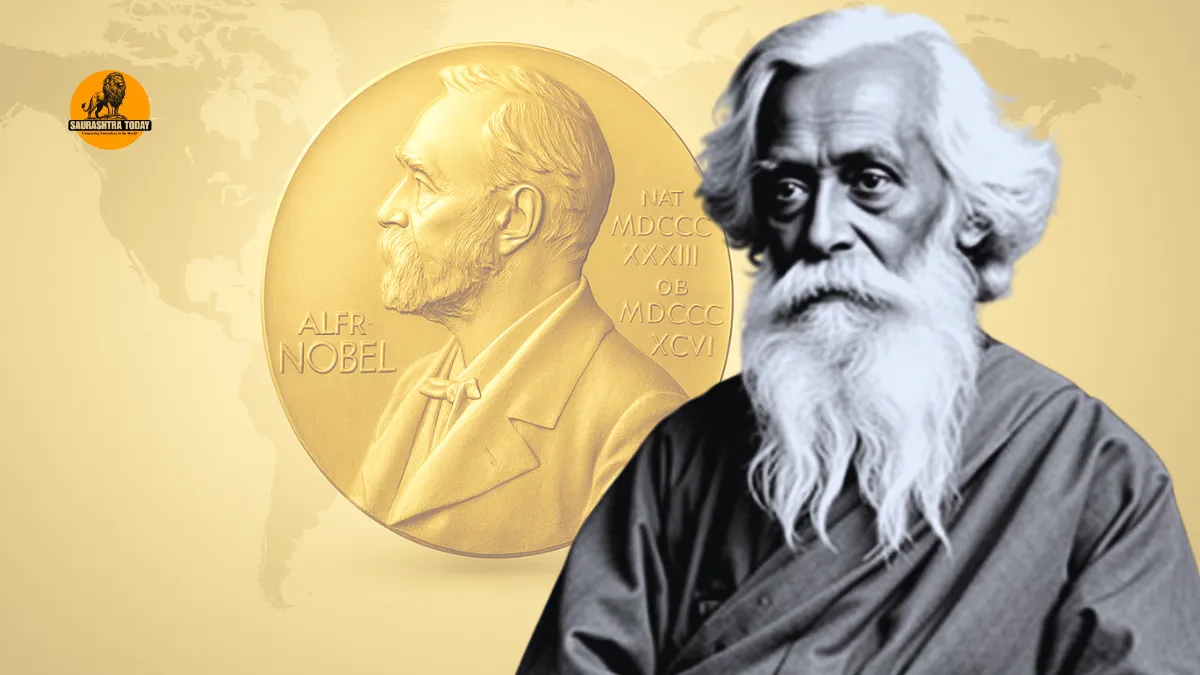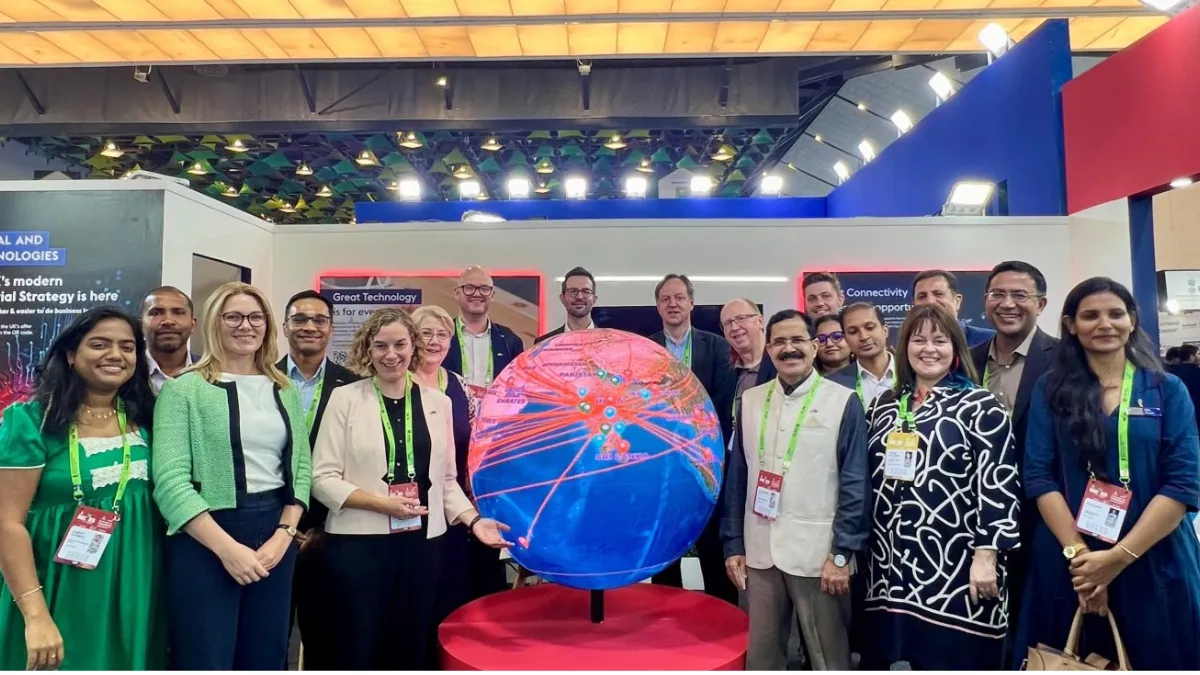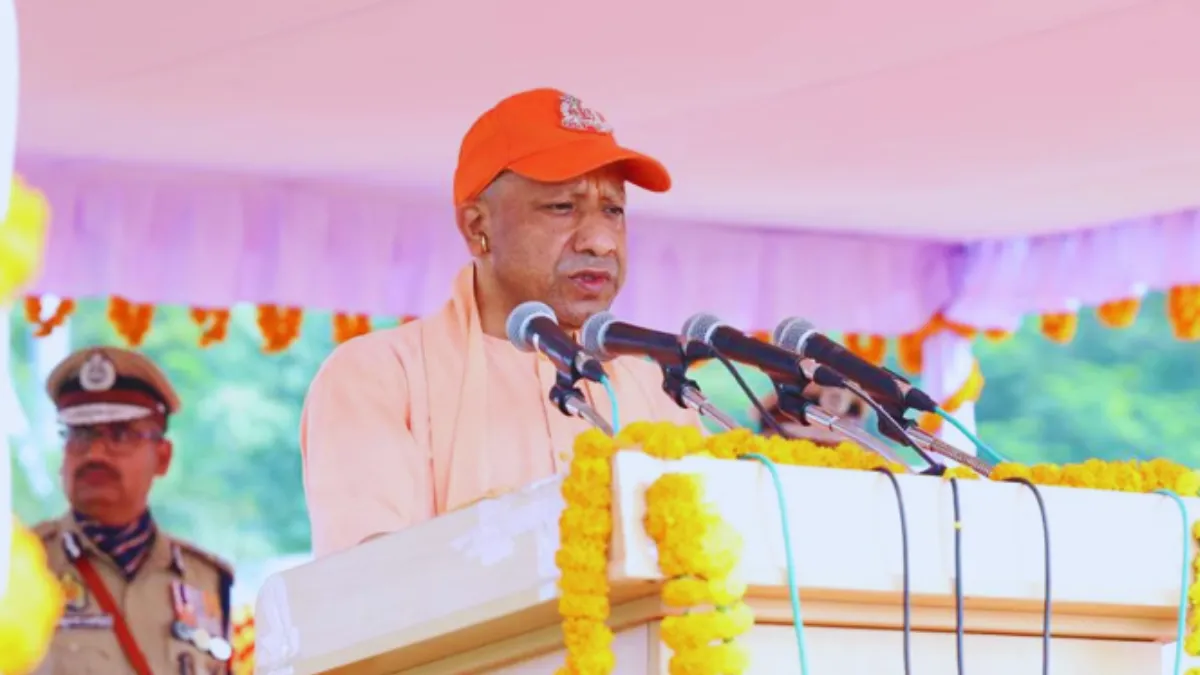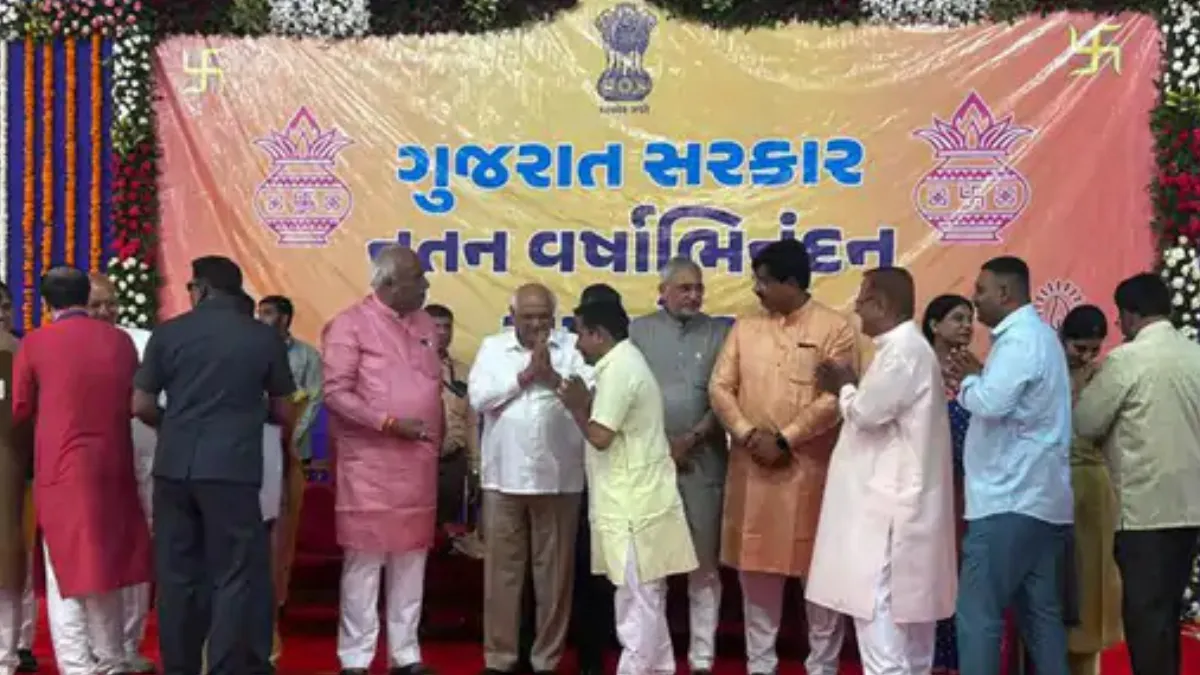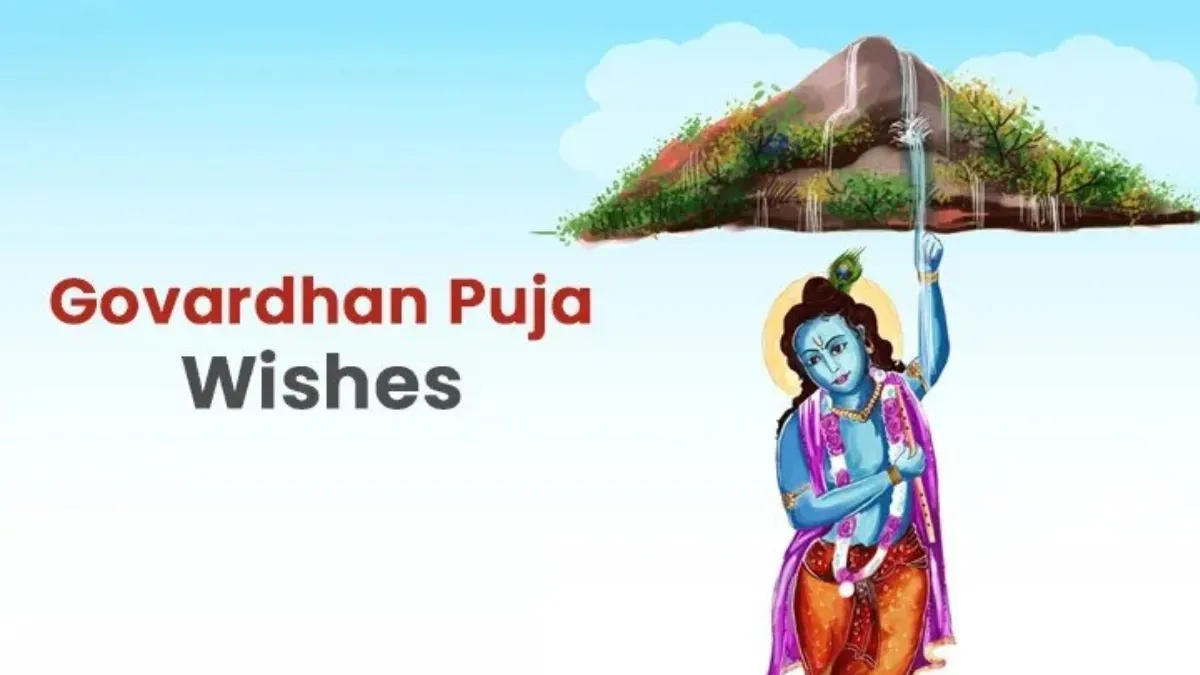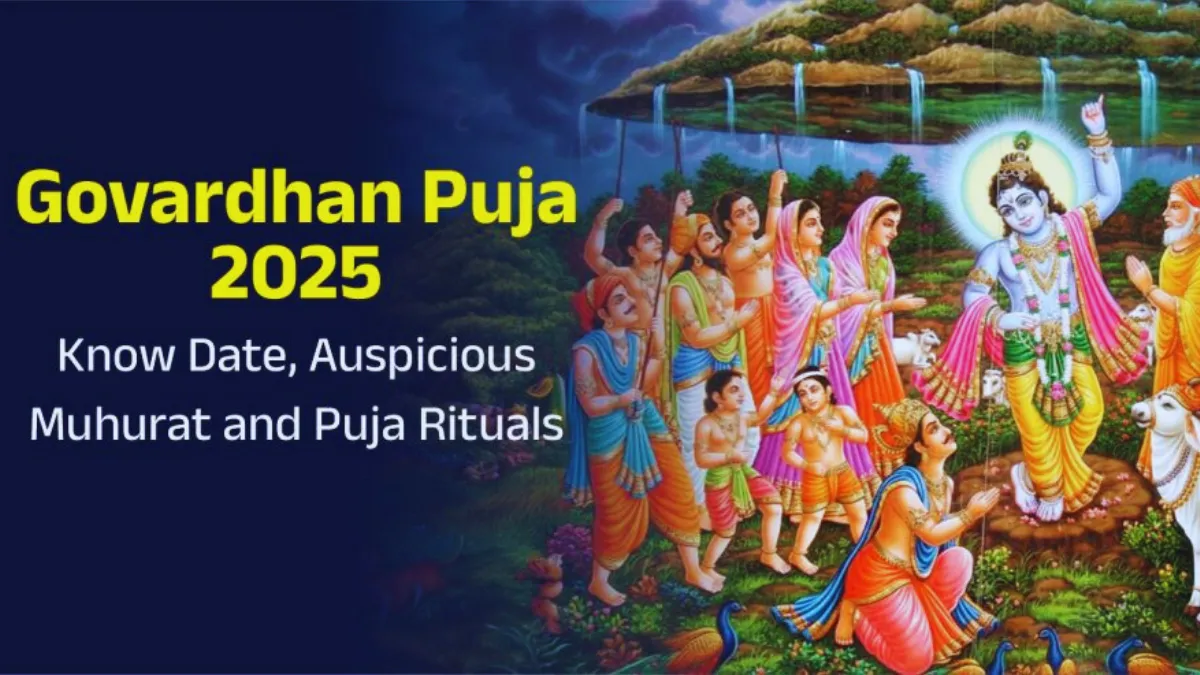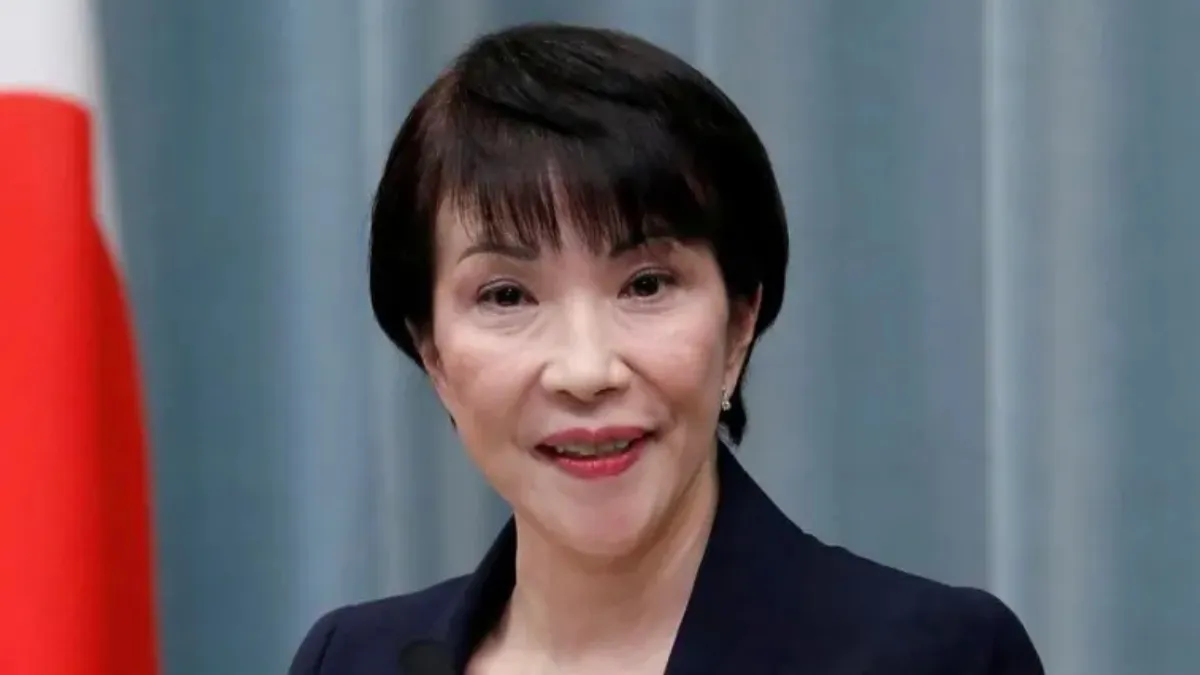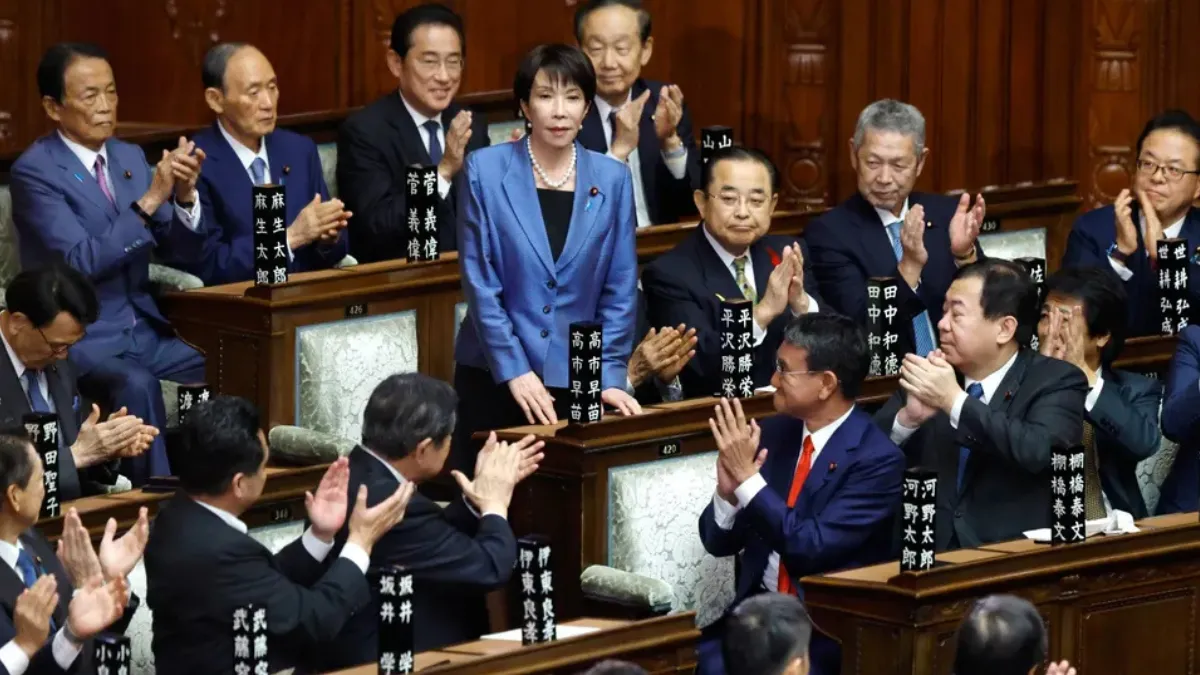India has a proud history of producing exceptional minds and humanitarian leaders who have made remarkable contributions to humanity. The List of Nobel Prize winners in India reflects the nation’s legacy in literature, science, peace, and economics. From Rabindranath Tagore’s poetic brilliance to Kailash Satyarthi’s fight for children’s rights, each laureate has left a lasting mark on the world.
The Nobel Prize, established through the will of Swedish inventor Alfred Nobel, is one of the most prestigious global honors awarded each year in recognition of outstanding work in the fields of Physics, Chemistry, Medicine, Literature, Peace, and Economics. Since its inception in 1901, this award has celebrated individuals and organizations that have advanced the cause of humanity through innovation, compassion, and knowledge.
India’s Journey with the Nobel Prize
India’s association with the Nobel Prize began in 1913 when Rabindranath Tagore became the first Asian to win a Nobel Prize. Since then, several Indians and persons of Indian origin have been recognized for their groundbreaking contributions. Each winner represents the diversity of India’s talent—from scientists and economists to peace activists and literary geniuses.
Complete List of Indian Nobel Prize Winners
Below is the complete List of Nobel Prize Winners in India, covering different fields and their contributions that changed the course of history.
| Year | Name | Field | Achievement / Contribution |
|---|---|---|---|
| 1913 | Rabindranath Tagore | Literature | Awarded for Gitanjali, a collection of deeply spiritual poems written in classical Bengali. |
| 1930 | Sir C.V. Raman | Physics | Discovered the Raman Effect in 1928, explaining the scattering of light. |
| 1968 | Har Gobind Khorana | Physiology or Medicine | Explained how genetic codes function in protein synthesis. |
| 1979 | Mother Teresa | Peace | Recognized for her humanitarian work through Missionaries of Charity, serving the poorest in India. |
| 1983 | Subrahmanyan Chandrasekhar | Physics | Honored for theoretical studies on the structure and evolution of stars. |
| 1998 | Amartya Sen | Economics | Recognized for his contributions to Welfare Economics and understanding of poverty and inequality. |
| 2001 | V.S. Naipaul | Literature | Awarded for his works that explore identity, history, and postcolonial society. |
| 2009 | Venkatraman Ramakrishnan | Chemistry | Honored for studies on the structure and function of the ribosome. |
| 2014 | Kailash Satyarthi | Peace | Awarded for his tireless fight for children’s rights and education. |
| 2019 | Abhijit Banerjee | Economics | Recognized for experimental approaches to alleviate global poverty. |
Other Nobel Laureates Linked to India
In addition to Indian citizens, several Nobel laureates have deep historical or cultural ties to India. These include:
- Ronald Ross (1902, Medicine): Conducted pioneering work on malaria in India, laying the foundation for modern research in combating the disease.
- Rudyard Kipling (1907, Literature): Though British by nationality, Kipling was born in Bombay (now Mumbai) and his writings vividly portrayed life in colonial India.
- The 14th Dalai Lama (1989, Peace): Honored for his commitment to non-violence and compassion while living in exile in India.
Altogether, 12 Nobel laureates are connected to India—five as Indian citizens and seven through ancestry, residence, or significant association.
Highlights of India’s Nobel Legacy
Rabindranath Tagore: The Literary Visionary
Tagore became the first Asian Nobel laureate in 1913, recognized for Gitanjali, a masterpiece that introduced Indian spiritualism and lyrical poetry to the world. His writings continue to inspire generations and remain a symbol of India’s cultural depth.
C.V. Raman: Revolutionizing Physics
Sir Chandrasekhara Venkata Raman’s discovery of the Raman Effect marked a turning point in the study of light. His 1930 Nobel Prize remains a source of pride for Indian science and is celebrated annually as National Science Day on February 28.
Mother Teresa: The Saint of Humanity
Awarded the Nobel Peace Prize in 1979, Mother Teresa dedicated her life to serving the sick, poor, and dying in Kolkata. Her compassion transcended religion and nationality, inspiring humanitarian work worldwide.
Amartya Sen and Abhijit Banerjee: Shaping Modern Economics
Both Amartya Sen (1998) and Abhijit Banerjee (2019) have reshaped global understanding of poverty and development. Their research has influenced international policy and helped millions through data-driven approaches to social welfare.
Kailash Satyarthi: Champion of Child Rights
Kailash Satyarthi’s lifelong mission against child labor and advocacy for universal education earned him the 2014 Nobel Peace Prize. His organization, Bachpan Bachao Andolan, has rescued thousands of children from exploitation.
Great Indians Who Were Nominated but Missed the Nobel Prize
While many Indians have won the prize, a few legendary figures came close but never received it.
Mahatma Gandhi, the apostle of peace, was nominated five times for the Nobel Peace Prize (1937, 1938, 1939, 1947, and 1948). His assassination in 1948 came just days after his final nomination. In 2006, the Nobel Committee itself admitted that Gandhi’s omission was “the greatest mistake in our history.”
Similarly, Sri Aurobindo, the philosopher, poet, and spiritual leader, was nominated for both Literature (1943) and Peace (1950) but did not win.
Nobel Prizes and India’s Global Influence
As of 2024, the Nobel Prize has been awarded to 1,012 individuals and organizations, including 976 people and 28 institutions. Among these, India’s contribution stands tall, with its laureates representing the spirit of innovation, peace, and compassion.
The achievements of Indian Nobel winners continue to inspire young scientists, writers, economists, and peace activists across the world. Their stories prove that knowledge and empathy can truly transform humanity.
Also read: The Nobel Peace Prize History: How a Vision for Humanity Became a Global Legacy
Conclusion
The List of Nobel Prize Winners in India reflects not just personal brilliance but the diverse strength of India’s cultural and intellectual heritage. From literature to physics and from economics to peacebuilding, each laureate has expanded the boundaries of human progress.
Their legacies remind us that the pursuit of knowledge, compassion, and service to others remains India’s most powerful contribution to the world.
